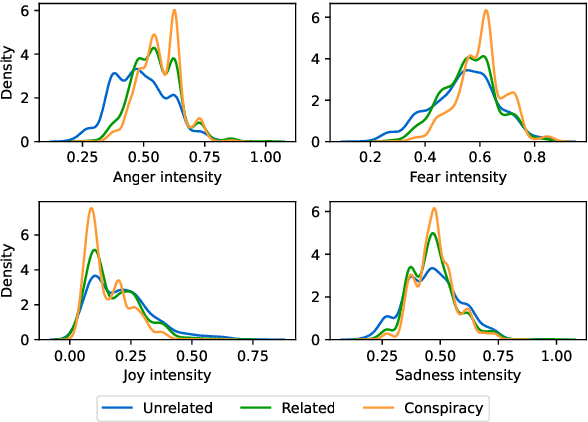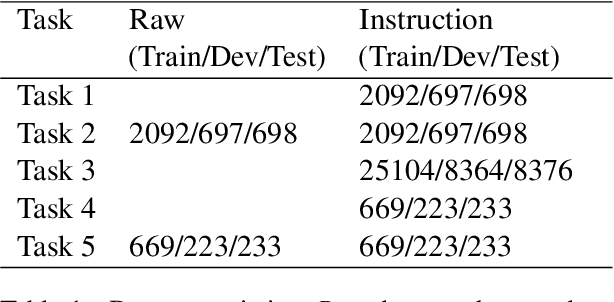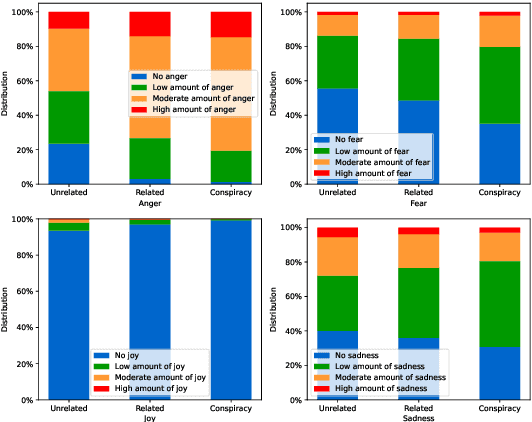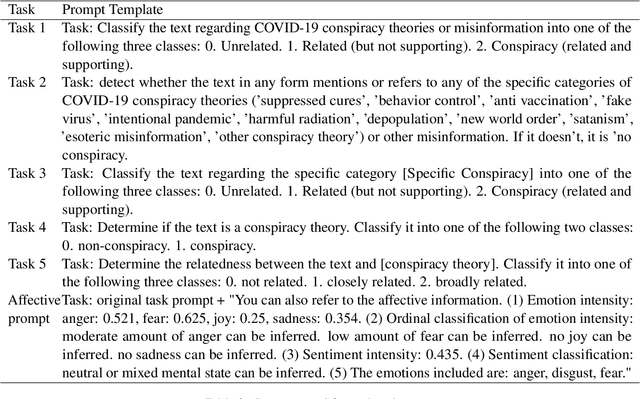ConspEmoLLM: Conspiracy Theory Detection Using an Emotion-Based Large Language Model
Paper and Code
Mar 11, 2024



The internet has brought both benefits and harms to society. A prime example of the latter is misinformation, including conspiracy theories, which flood the web. Recent advances in natural language processing, particularly the emergence of large language models (LLMs), have improved the prospects of accurate misinformation detection. However, most LLM-based approaches to conspiracy theory detection focus only on binary classification and fail to account for the important relationship between misinformation and affective features (i.e., sentiment and emotions). Driven by a comprehensive analysis of conspiracy text that reveals its distinctive affective features, we propose ConspEmoLLM, the first open-source LLM that integrates affective information and is able to perform diverse tasks relating to conspiracy theories. These tasks include not only conspiracy theory detection, but also classification of theory type and detection of related discussion (e.g., opinions towards theories). ConspEmoLLM is fine-tuned based on an emotion-oriented LLM using our novel ConDID dataset, which includes five tasks to support LLM instruction tuning and evaluation. We demonstrate that when applied to these tasks, ConspEmoLLM largely outperforms several open-source general domain LLMs and ChatGPT, as well as an LLM that has been fine-tuned using ConDID, but which does not use affective features. This project will be released on https://github.com/lzw108/ConspEmoLLM/.
 Add to Chrome
Add to Chrome Add to Firefox
Add to Firefox Add to Edge
Add to Edge